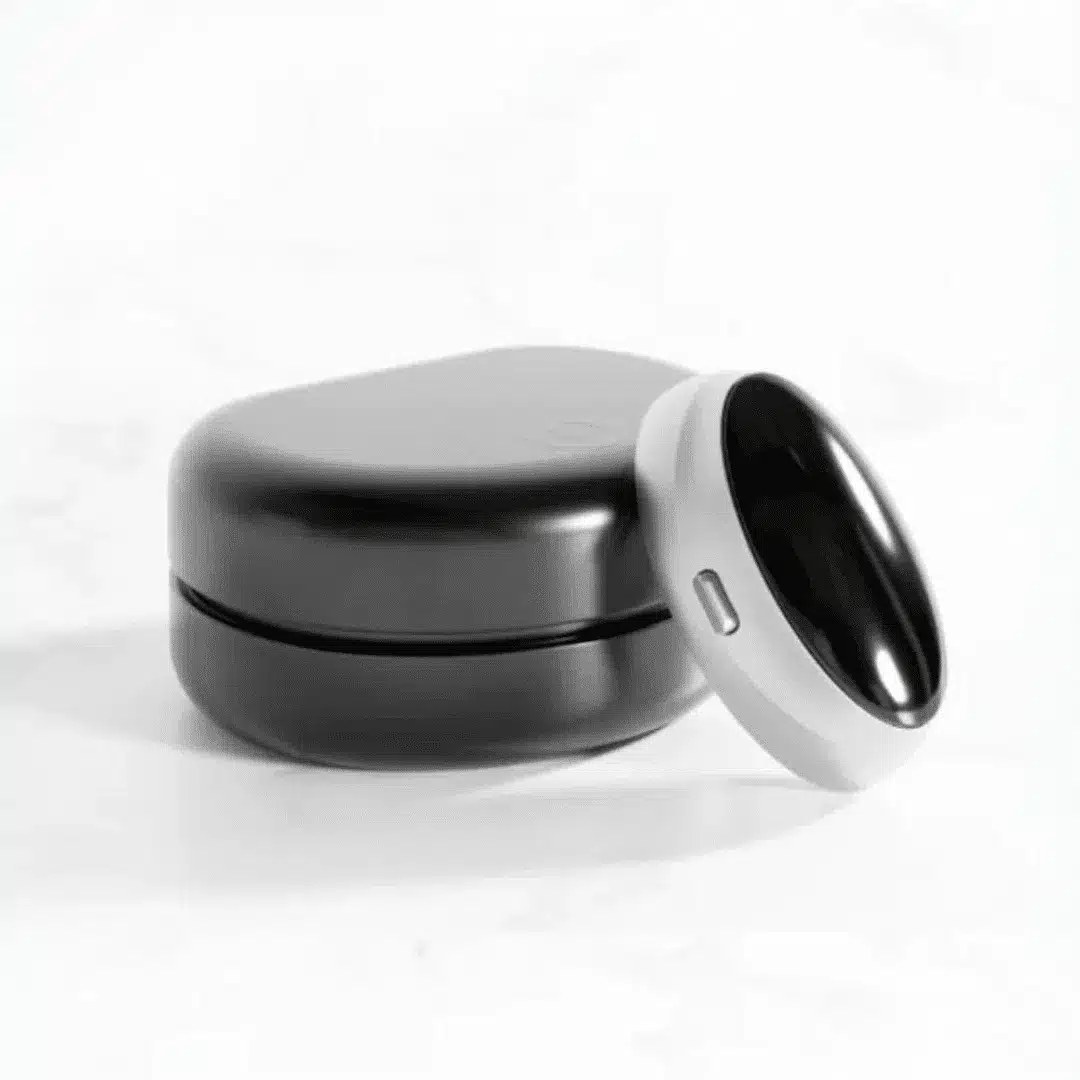As a sleep expert with years of clinical experience helping patients overcome the challenges of snoring and mild sleep apnea, I’m frequently skeptical of “miracle” anti-snoring gadgets. However, I agreed to undertake a thorough review of the Z3 Pro Anti-Snoring Device, committing to a two-week trial with careful documentation, so I could provide an honest assessment for people considering non-invasive alternatives to traditional sleep therapies.
Table of Contents
Unboxing and First Impressions
The Z3 Pro arrived in a compact, modern package. The set included the Z3 Pro main unit, a USB charging box, a cable, a supply of adhesive patches, and a slim user manual. The instructions were refreshingly straightforward, with clear diagrams for proper placement. The device itself is lightweight, discreet, and ergonomically shaped to sit below the chin. As someone who’s seen many “bulky” anti-snoring solutions, the slim profile struck me as a thoughtful design—especially for comfort-conscious users.

Setup and Comfort
Setting up the Z3 Pro took less than five minutes. After charging, I chose the adhesive patch option for a snug, secure fit. There is also a string option, but as a side-sleeper, I found the adhesives to be unobtrusive and stable throughout the night.
The device’s three-stage intensity setting allowed me to customize the micro-stimulation level. During the first night, I selected the lowest level, unsure how sensitive my skin and throat muscles would be to electrical pulses. To my relief, the stimulation was gentle—more like a gentle tingling than anything painful or even distracting. This pain-free sensation remained true as I tried higher settings during subsequent nights. The device activated automatically, so after setup I could forget it was even there.
Technology in Action
The Z3 Pro’s claim to fame is its use of micro-electrical stimulation. According to the manufacturer, when the device’s internal sensor detects vibrations from snoring, it emits a gentle electrical impulse that stimulates the throat muscles. The theory: by contracting and “exercising” the soft tissues that normally collapse and cause snoring, the airway remains more open, resulting in quieter sleep.
To objectively measure my snoring, I paired my trial with a third-party sleep tracking app and an audio recorder. On nights when I used the Z3 Pro, the data showed a meaningful reduction in both the frequency and duration of snoring episodes. My partner commented that she noticed immediate improvement, with far fewer “loud” episodes or abrupt pauses in my breathing rhythm.
Two Weeks of Real-World Testing
During my two-week evaluation, I made a point of alternating between nights with and without the device to see if there was a consistent benefit. Here is what I observed:
-
Comfort: The Z3 Pro never felt restrictive or cumbersome, even when sleeping on my side or stomach. The adhesives never irritated my skin, and the unit never detached prematurely.
-
Sleep Quality: On nights with the Z3 Pro, my sleep, objectively and subjectively, was deeper and less interrupted. I woke feeling more refreshed.
-
Snoring Frequency: My nightly snoring events were reduced noticeably, with some nights showing almost complete elimination in the sleep tracking data.
-
Daytime Energy: Reduced snoring and better sleep contributed to more alert mornings—something my patients always hope for when trying new remedies.
-
Partner Feedback: My partner, typically sensitive to noise at night, reported that she “barely heard anything,” compared to my unassisted sleep.
Medical Considerations
Clinically, the Z3 Pro’s design aligns with what we know about muscle tone and airway patency. Maintaining or stimulating throat muscles can, at least in theory, help prevent airway collapse during sleep. While the device is marketed as “clinically proven,” and “doctor recommended,” it’s important for me to note there is still a lack of independent, peer-reviewed research that can verify the manufacturer’s strong claims. In my experience, Z3 Pro’s approach is a sensible complement to standard advice on weight management, side-sleeping, and reducing alcohol before bed. It’s not a replacement for CPAP therapy in those with moderate-to-severe apnea, but for typical “snorers,” the Z3 Pro offers a practical, non-invasive step.
Downsides and Limitations
No product is without flaws. The Z3 Pro requires nightly setup and cleaning, and I did notice the adhesive patches lose their stickiness after several uses, so be prepared to order refills. Users extremely sensitive to skin adhesives should test carefully. While I did not experience any pain, some users may find the stimulation distracting at higher intensity settings, especially if they start on max power. And as with all wearable sleep devices, some people may require a few nights to fully adapt.
Is the Z3 Pro Worth Buying?
All things considered, I found the Z3 Pro Anti-Snoring Device to be a thoughtfully engineered, practical solution for reducing snoring. Its ease of use, comfort, and measurable impact on my own sleep would make me recommend it as a first-line intervention for habitual snorers—especially for those reluctant to try mouthpieces or CPAP. It’s a safe, low-risk investment for anyone desperate for a quieter, more restful night. If you or your partner are losing sleep from nightly snoring, the Z3 Pro is absolutely worth buying as a non-invasive, user-friendly alternative. Just remember: for persistent or severe breathing issues at night, it’s vital to seek formal medical evaluation to rule out more serious conditions.

Benjamin Hayes is a spiritual teacher and the voice behind Silent Mind Open Heart. Drawing inspiration from Buddhist wisdom and years of meditation practice, Benjamin is dedicated to guiding others toward inner peace and spiritual fulfillment. Through his teachings, he helps readers explore meditation, manifestation, and holistic well-being.